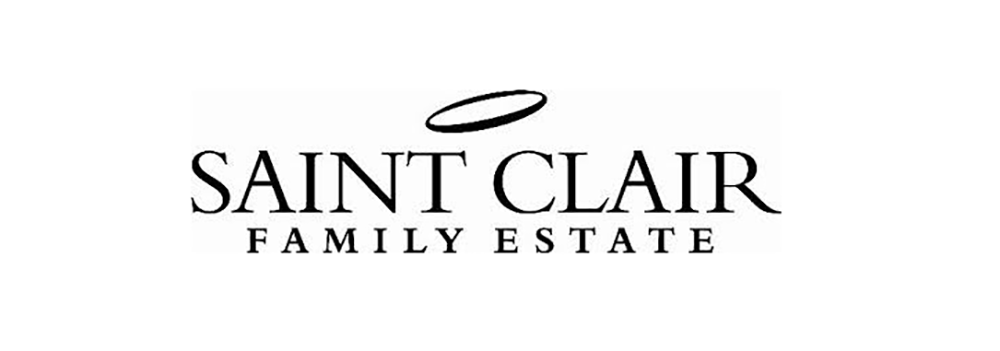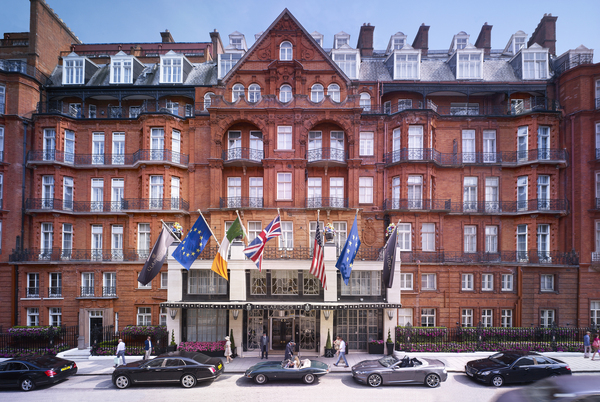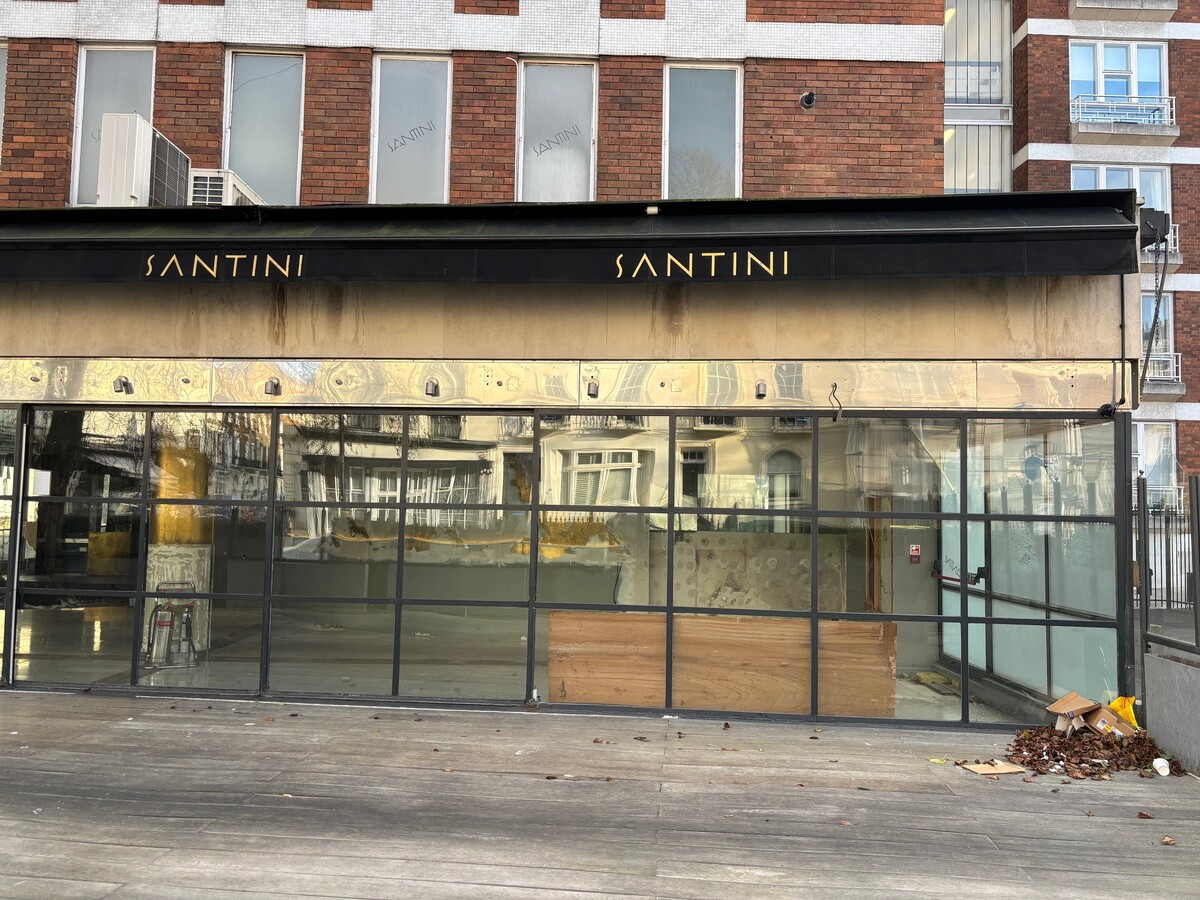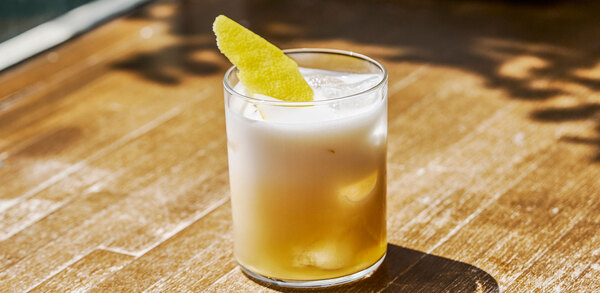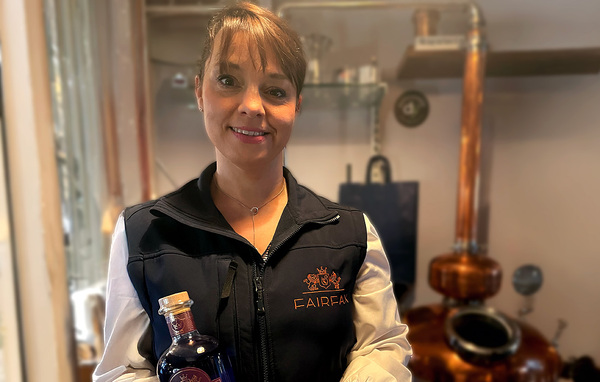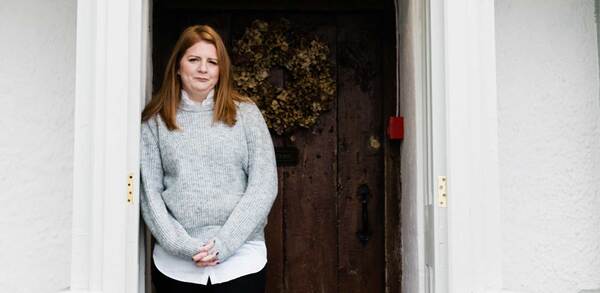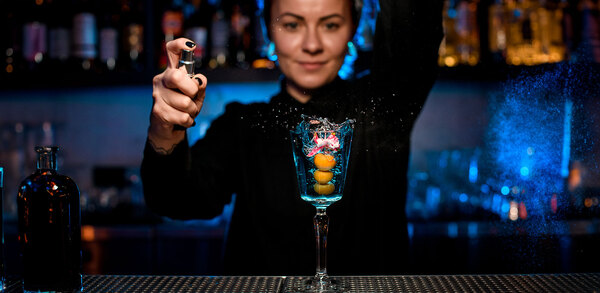Drinks doctor: How can I add sparkle to my wine list?
The frothy, lively, pale-coloured classics are always popular, but the pink, red and sweet also have their fans
Sparkling wine is not just for a celebration or an aperitif. It can come in many colours, sweetness levels and texture of bubbles. But to kick things off, let’s start with the sparkling wine that is most strongly imprinted on our minds and palates.
Champagne
Champagne is fermented twice – the second time in the bottle, where it creates sparkle and retains yeast lees that impart a savoury, bready character. The lees will be disgorged, yielding a bright, clear wine. A majority of traditional method sparkling wines will have sprightly, enduring bubbles in youth. Sparklers made using this method include crémant, cava and many English sparkling wines.
Laherte Frères Ultradition is a blend of Champagne’s most planted varieties: Chardonnay, Pinot Noir and Meunier. The twist here is that Meunier takes the lead, being 60% of the blend, leading to a plump juiciness with added citrus and saline zip from Chardonnay (30%) and a touch of red berry from Pinot Noir (10%).
Pétillant naturel
This is an alternative method of making sparkling wine that predates the traditional twice-fermented method: pétillant naturel (also known as pet nat).
The texture of pétillant naturel can vary greatly. Some are very lively (especially if sediment remains in the bottle) while others have a gentler fizz. Pétillant naturel wines are fermented once. The wine goes into the bottle while still fermenting, trapping carbon dioxide.
The UK makes some stunning sparkling wines full stop, but Tim Wildman of Lost In A Field (which seeks to rescue heritage grape varieties planted in the UK in the 20th century by reclaiming and restoring mature vineyard plots) is doing some particularly exciting things. His Frolic Pet Nat is a gently sparkling, aromatic, fresh, pink wine that blends 14 heritage varieties planted in the 1980s and 1990s – mainly German crosses such as Madeline Angevine, Reichensteiner and Rondo.
Red
Italy has Lambrusco and Australia has sparkling Shiraz, but Monmouthshire, Wales, has Ancre Hill’s Pet Nat Red. A sparkling red made from Triomphe d’Alsace, a German/French cross, it is a real surprise, with a touch of tannin, subtle sparkle and flavours of fruits of the forest – brambly and tart.
Sweet
If you fancy something sweet, Moscato d’Asti is the one. A frizzante (half-sparkling) aromatic wine from northern Italy made from moscato bianco (also known as muscat blanc à petits grains), its sweetness, aroma and low alcohol (5.5% ABV) is achieved by a single fermentation in pressurised tank. But not all Moscato d’Asti are equal. Bera Vittorio is renowned for its Moscato d’Asti Canelli. It uses native yeasts and is aged on the lees. The end result is an exceptional wine with a floral, peachy charm, added texture and a honeyed finish.
Do you have a question for one of the Drinks Doctors? Send your query to drinks@thecaterer.com
Sponsored by Saint Clair Family Estate




